Finasteride Information
What is this drug used for?
• It is used to help hair growth in male pattern baldness. It may take 3 months to see the full effect.
• It is used to treat the signs of an enlarged prostate. It may take a few months to see the full effect.
• It may be given to you for other reasons. Talk with the doctor.
Possible side effects
Finasteride may cause side effects. Tell your doctor if any of these symptoms are severe or do not go away:
• Feeling dizzy, tired, or weak.
• This drug may cause a change in sex ability in men or lowered interest in sex. This could go on after you stop this drug. Talk with your doctor if these effects go on or bother you.
Some side effects can be serious. If you experience any of these symptoms, call your doctor immediately or get emergency medical treatment:
• Signs of an allergic reaction, like rash; hives; itching; red, swollen, blistered, or peeling skin with or without fever; wheezing; tightness in the chest or throat; trouble breathing, swallowing, or talking; unusual hoarseness; or swelling of the mouth, face, lips, tongue, or throat.
• A lump in the breast, breast pain or soreness, or nipple discharge.
• Enlarged breasts.
• Very bad dizziness or passing out.
• Low mood (depression).
• For males, testicle pain.
Medication Safety Issues
Sound-alike/look-alike issues:
Finasteride may be confused with dutasteride, furosemide
Proscar may be confused with Prograf, ProSom, Provera, PROzac
Storage/Stability
Propecia: Store at 15°C to 30°C (59°F to 86°F). Keep container tightly closed and protect from moisture.
Proscar: Store below 30°C (86°F). Protect from light. Keep container tightly closed.
Adverse Reactions
>10%: Genitourinary: Impotence (monotherapy: 5% to 19%)
1% to 10%:
Cardiovascular: Orthostatic hypotension (monotherapy: 9%), peripheral edema (monotherapy: 1%), hypotension (monotherapy: 1%)
Endocrine & metabolic: Decreased libido (monotherapy: 2% to 10%), gynecomastia (monotherapy: 1% to 2%)
Genitourinary: Ejaculatory disorder (monotherapy: <1% to 7%), decreased ejaculate volume (monotherapy: 2% to 4%), sexual disorder (3%), breast tenderness (monotherapy: ≤1%)
Hematologic & oncologic: Prostate cancer (high grade: 2%)
Respiratory: Rhinitis (monotherapy: 1%)
<1%, postmarketing, and/or case reports: Altered mental status, breast hypertrophy, change in libido, depression, hypersensitivity reaction, male infertility (temporary), malignant neoplasm of the breast (men), suicidal ideation (Welk 2017), suicidal tendencies (Welk 2017), testicular pain
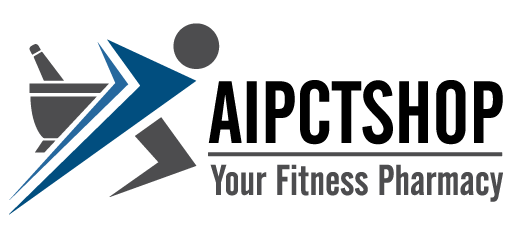
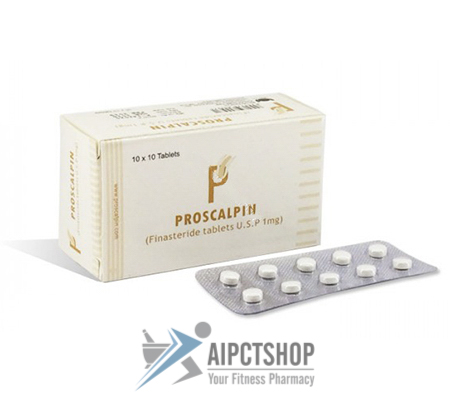
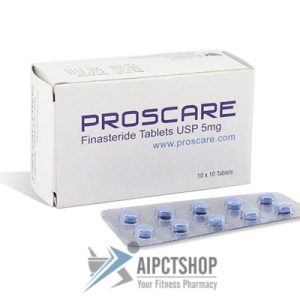
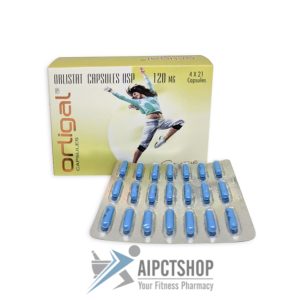

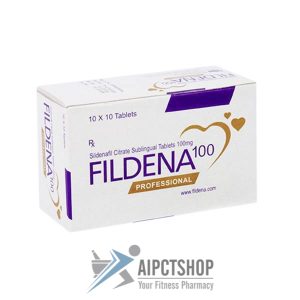
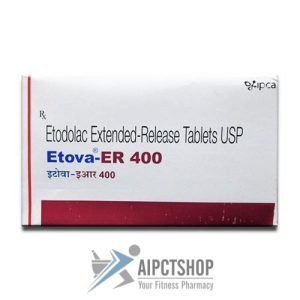
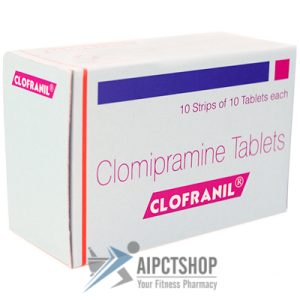
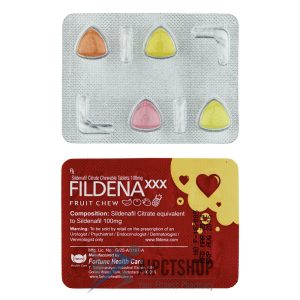
Reviews
There are no reviews yet.